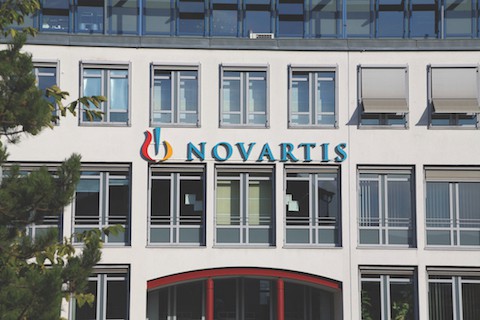
Novartis’ Kisqali has gained positive long-term overall survival (OS) results in combinations with fulvestrant in postmenopausal women with HR-positive/HER2-negative metastatic breast cancer.
In a statement, Novartis said the updated Kisqali data demonstrated the ‘longest median overall survival in postmenopausal HR+/HER2- metastatic breast cancer patients’.
Exploratory analysis of OS results for Kisqali (ribociclib) plus fulvestrant as a first- or second-line treatment compared to fulvestrant alone in this patient population found that the Kisqali combination continued to demonstrate a clinically relevant benefit of more than a year.
After a median follow-up of 56.3 months, the median OS rate for Kisqali combination-treated patients was 53.7 months compared to 41.5 months for patients treated with fulvestrant alone.
Kisqali plus fulvestrant also prolonged OS in the first- and second-line treatment subgroups.
The need for patients to receive chemotherapy was delayed by four years for patients taking Kisqali plus fulvestrant compared to 28.8 months for patients receiving fulvestrant alone.
The ad hoc analysis comes on the heels of previously reported data from the MONALEES03 study, which demonstrated statistically significant OS results for Kisqali plus fulvestrant, with a 28% reduction in the risk of death.
“Successfully demonstrating overall survival improvements in an incurable disease like metastatic breast cancer is a significant achievement, and is what we ultimately strive for in most clinical trials,” said Dennis Slamon, director of clinical/translational research, University of California, Los Angeles Jonsson Comprehensive Cancer Center.
Kisqali’s main rival in the HR-positive/HER2-positive breast cancer setting is Pfizer’s market leader Ibrance (palbociclib). Both drugs are CDK4/6 inhibitors and are indicated in the post-menopausal, metastatic setting.
“As overall survival data matures, we’re proud that Kisqali continues to distinguish itself, offering more life for both younger and older women living with metastatic breast cancer,” said Susanne Schaffert, president, Novartis Oncology.
“This data confirms the sustained efficacy of Kisqali for a broad range of people with HR+/HER2- metastatic breast cancer regardless of line of therapy are unique and inspiring. Our exploration of the benefits of Kisqali continues as we evaluate its potential in the adjuvant setting,” she added.




